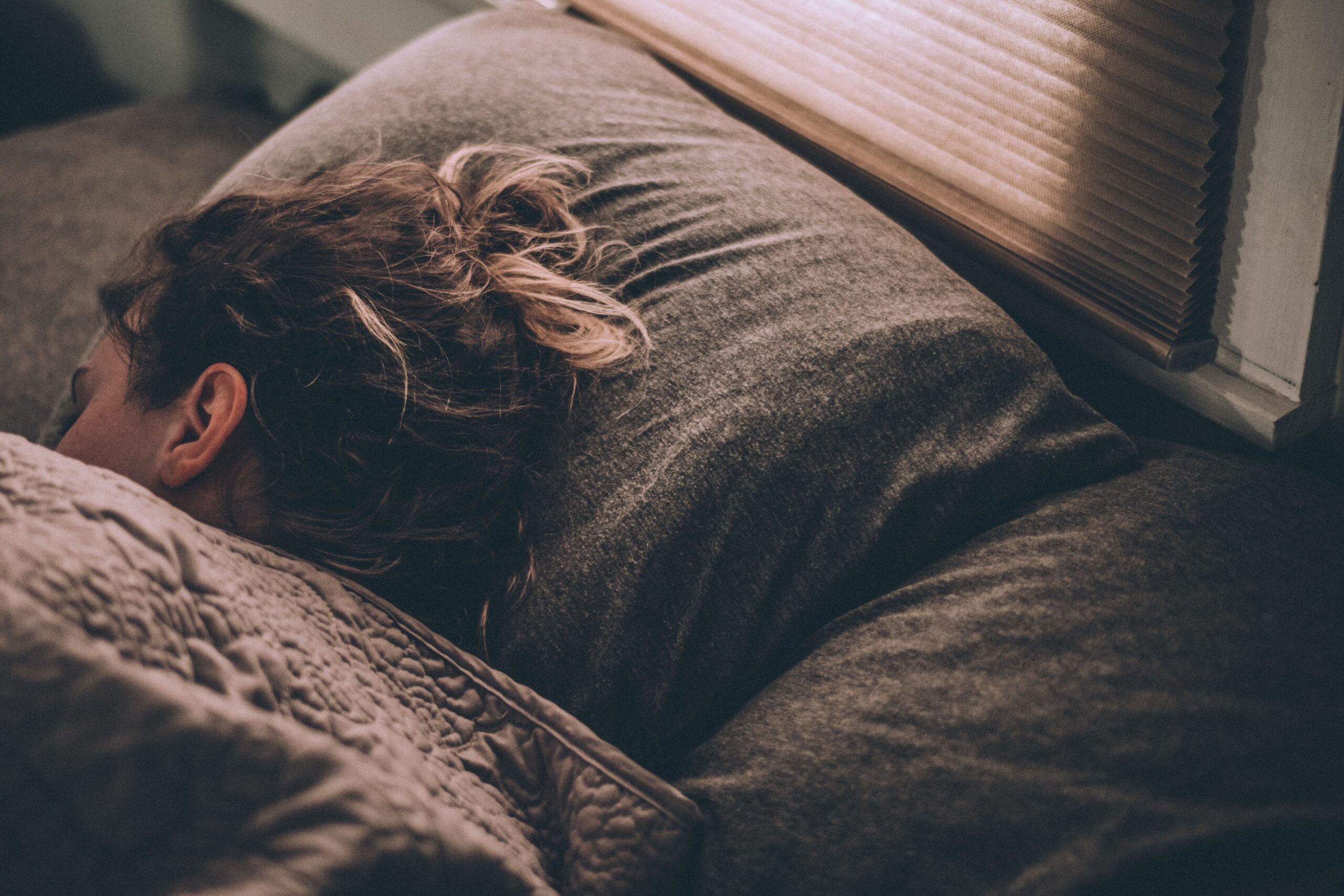7 Tips for 8 Hours of Sleep!!!
“Are you tired of feeling tired? Do you struggle to get through the day without reaching for another cup of coffee? It’s time to prioritize your sleep!
With these 7 tips, you can finally achieve a full 8 hours of restful sleep and wake up refreshed and ready to take on the world. Say goodbye to tossing and turning, and hello to sweet dreams.”
Establish Regular bedtime and waking time
One of the most important tips for getting enough hours of sleep is to establish a regular bedtime and waking time. Going to bed and waking up at the same time each day helps to regulate your body’s natural sleep rhythm.
It can be tempting to stay up late on weekends or take a nap during the day, but this can make it harder to fall asleep at night. If you have trouble sticking to a regular sleep schedule, try setting an alarm for bedtime and wake-up time.
Creating a relaxing bedtime routine can also help you get better sleep. This might include taking a warm bath or shower, reading a book, or writing in a journal. avoiding caffeine, alcohol, and screens before bed can also promote better sleep.
choose noncaffeinated beverages
It can be difficult to wean yourself off of caffeine, but it is important to do so if you want to get a good night’s sleep. Caffeine is a stimulant, and therefore it will keep you awake if you have it too close to bedtime. Choose non-caffeinated beverages such as herbal tea, decaf coffee, or water instead.
Regular Excercise
There are many benefits to regular exercise, including improved sleep. Exercise can help you fall asleep faster and sleep more deeply. It also improves the quality of your sleep, which can help you feel rested and energized during the day.
If you’re looking to improve your sleep, start by adding some regular exercise to your routine. Just be sure to avoid working out too close to bedtime, as this can actually make it harder to fall asleep.
Turn off electronics before bedtime
If you’re like most people, you probably spend a lot of time staring at screens before bed. But did you know that the blue light emitted from screens can actually suppress melatonin, the hormone that makes you feel sleepy? So if you’re having trouble falling asleep at night, one of the best things you can do is to turn off your electronics at least an hour before bedtime.
This means no more TV, no more scrolling through social media on your phone, and no more working on your laptop in bed. Instead, try reading a book or taking a bath to help relax your body and mind before sleep. You’ll be surprised how much better you’ll sleep when you disconnect from your screens!
Develop The healthy napping habits
It’s inevitable. At some point in the day, you’re going to feel tired. Maybe it’s first thing in the morning, or maybe it’s 3 p.m. at work. Regardless of when it hits, fatigue can make it tough to concentrate and be productive.
So what can you do when you need a little boost of energy? Caffeine is always an option, but if you’re looking for a more natural way to improve your energy levels, napping might be the answer.
Napping has been shown to improve mood, alertness, and productivity. A 20-minute power nap can do wonders for your energy levels, and there are a few things you can do to make sure your nap is effective.
First, find a comfortable place to lie down. If you have trouble falling asleep during the day, try using an eye mask or earplugs to block out distractions. Once you’re settled in, set an alarm for 20 minutes so you don’t oversleep – 30 minutes is the maximum amount of time you should nap for!

7 Tips for 8 Hours of Sleep
As tempting as it may be to crawl under the covers and drift off into dreamland, napping during the day is most effective if you keep your body temperature cool. A study published in Nature found that people who napped in a cool room (66 degrees Fahrenheit) were more likely to enter deep sleep than those who n
Don’t ignore your snore
If you snore, it’s important not to ignore it. Snoring can be a sign of a serious medical condition, such as sleep apnea. If you snore and have other symptoms of sleep apnea, such as daytime sleepiness, see a doctor. There are treatments that can help.
Read More: How Your Brain and Five Senses Help You Fall in Love
Cut the Alcohol
If you want to get more sleep, one of the best things you can do is cut back on alcohol. Alcohol may make you feel drowsy, but it actually disrupts your sleep. It can make it harder to fall asleep and stay asleep. It can also lead to frequent awakenings during the night. So if you want to get more restful sleep, it’s best to avoid alcohol altogether in the evening.

